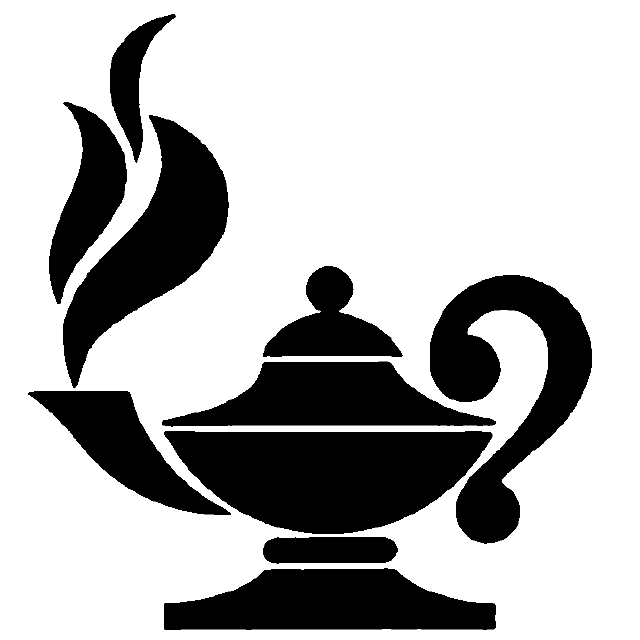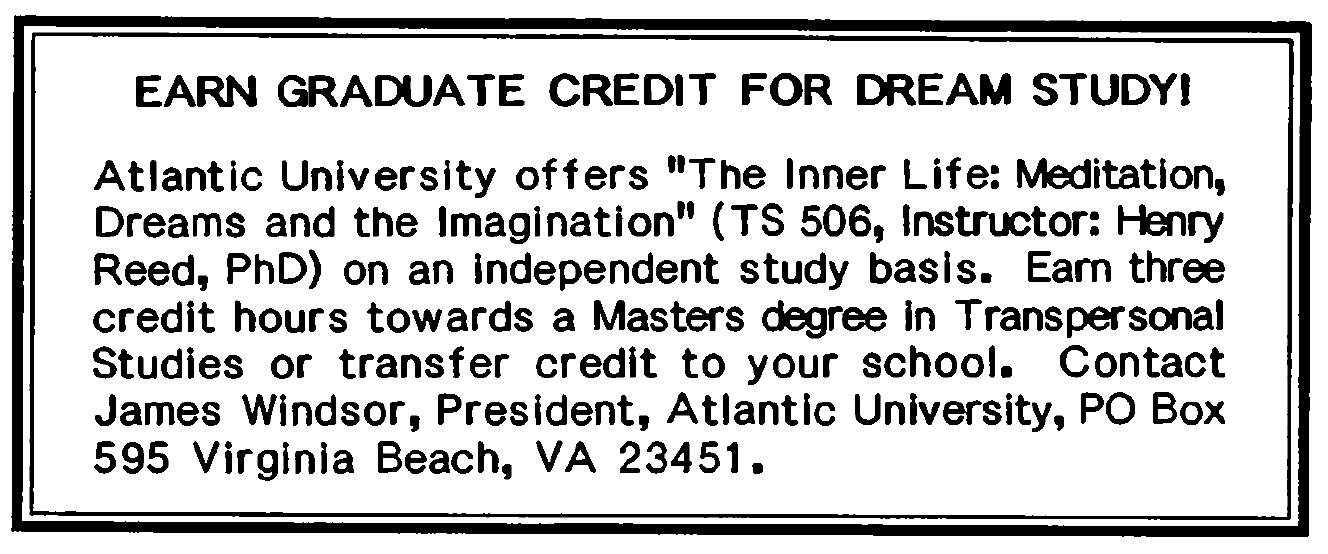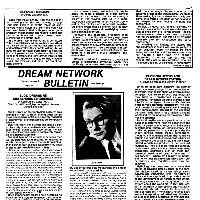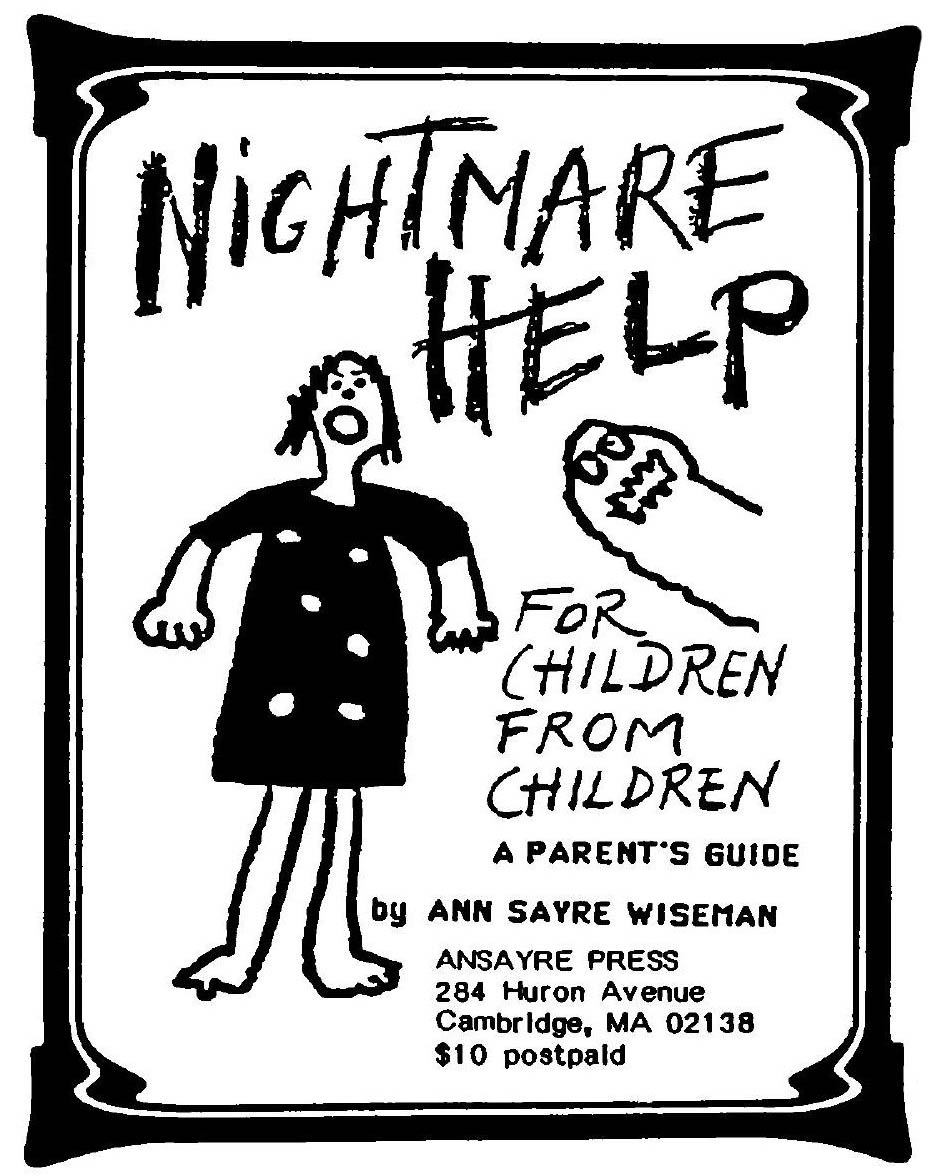
Many theorists regard dreams as either compensatory or adaptive in nature. Jean Piaget viewed dreams as being a hybrid, incorporating both of these functions. His concept of dream functioning straddles Adlerian, Freudian and Jungian theories. Piaget believed that dreams were multi-purposeful. He designated six categories to describe their relationship to waking reality (Piaget, 1962). His six categories were also applicable in the realms of unconscious symbolism and symbolic play.
On the one end of the Piagetian scale, dreams have the capacity to fulfil wishes. This concept is very similar to the Freudian concept of dream functioning. The wish fulfilment occurs, according to Piaget, without secondary symbolism, which indicates that wish fulfilment occurs through unconscious assimilation. Assimilation is that process in which external reality is incorporated into psychological or biological structures by modification of external elements. The unconscious, assimilative functioning of the dream is manifested in the symbolic representation of daily experience.
Secondly; dreams are seen by Piaget as capable of fulfilling wishes through a process of conscious assimilation as opposed to unconscious assimilation. in this classification scheme, there is a direct one-to-one correspondence between dream object and waking object. The dream symbol is the same object that is being dealt with during waking reality.
In the third category, Piaget viewed dreams as having compensatory capabilities similar to Jung's perception of dream functioning. For example, events that are unpleasant to the individual during waking reality are represented and expressed in dreams as pleasurable experiences.
Nightmares occupy the fourth category. They are considered the counterparts of waking play in which fearful events are deliberately created by the individual. The function of the nightmare is to simulate, manipulate and experience situations and events that would otherwise have irreversIble consequences if created during waking reality.
The fifth category is comprised of dreams that function as punishment for actions contrary to the individual's accepted perception of right and wrong.
Lastly, dreams function as direct translations of organic stimulus from waking reality. One of Piaget's examples is the child's dream of watering a garden which would correspond to a child wetting the bed in reality.








